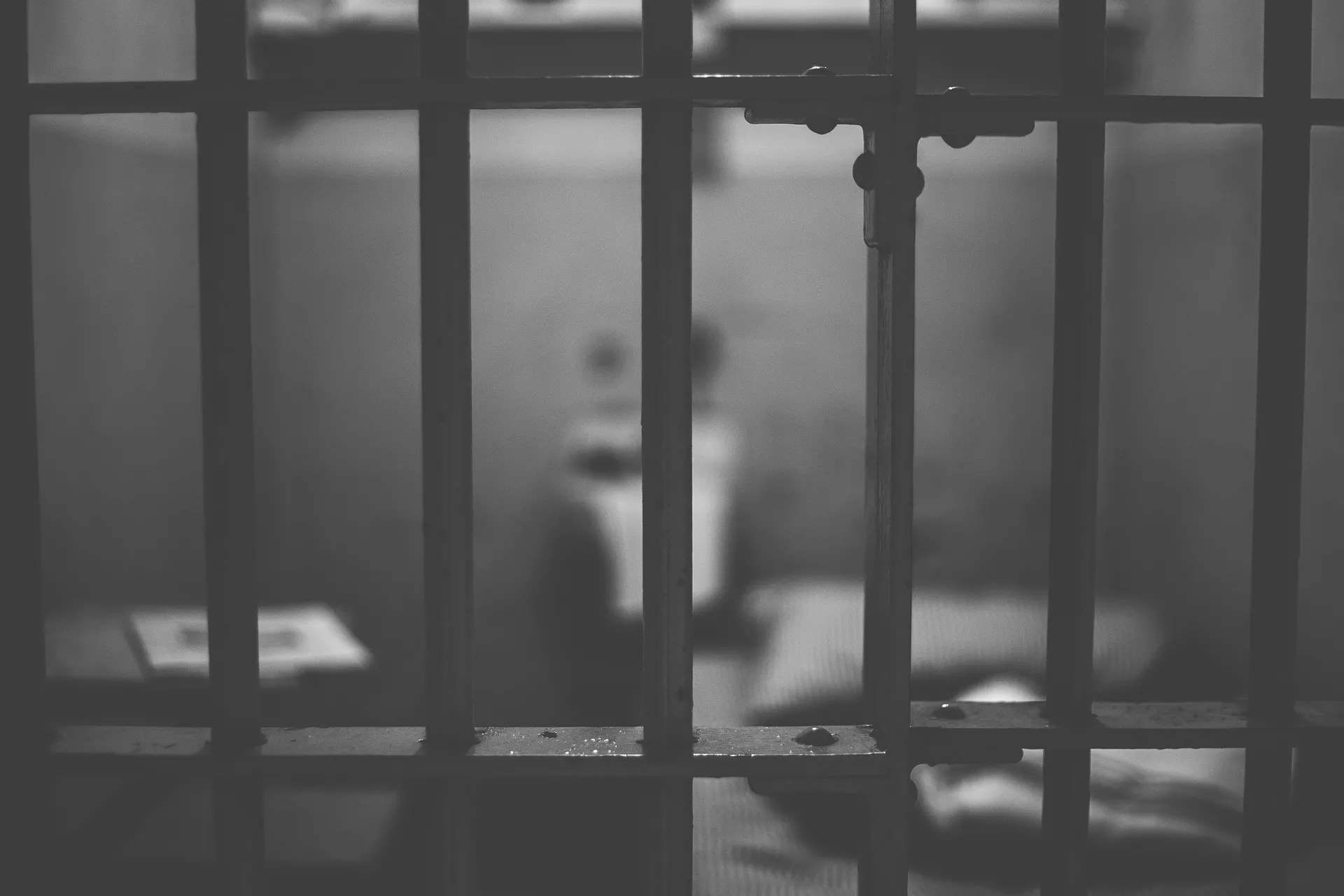
Pixabay

Audio By Carbonatix
The way he tells it, two weeks had passed since Jonathan Hamilton had been allowed to change his underwear.
Hamilton, 39, landed back in Dallas County Jail after violating the terms of his release on bond from a misdemeanor assault charge. Although he’d spent time in the jail the year before, he was shocked by the conditions once he returned.
He said he and fellow detainees were given one single-use disposable mask per day to protect them from COVID-19. They were not provided with cleaning supplies to disinfect their cells, beyond a bucket and mop left outside their doors once every several days.
Hamilton, along with the rest of those held in the jail, were only allowed to wash their clothes once every two weeks. “On the video calls, at first, I kept asking him, ‘Why [are] your clothes so dirty?'” his wife, Sharon, said.
The stench and discomfort in the cramped quarters, coupled with not being permitted a change of clothes, became too much to bear. Hamilton and his tankmates resorted to washing their dirty clothes and underwear in the toilets. (Last month, another Dallas County Jail detainee, Chris Galt, said he’d resorted to the same desperate measure to wash his clothes.)
After scrubbing them clean as best they could, Hamilton said, he hanged his wet clothes up in the bars of the jail to dry. Jailers yelled at Hamilton and his tankmates soon after, and forced them to take the wet clothes down.
“On the video calls, at first, I kept asking him, ‘Why [are] your clothes so dirty?'” – Sharon Hamilton, wife of Dallas County Jail detainee
A few weeks ago, Hamilton began to feel weak and feverish. When his symptoms worsened over the following days, he decided to seek medical attention from the jail’s on-site physicians. But he when tried to summon medical staff, he claimed, nurses refused to treat him; he had already soiled the one mask he’d been given for the day, and staff refused to interact with him if he wasn’t wearing one. They wouldn’t give him a new one either, he said.
Hamilton and his wife’s testimony come some three weeks after the Observer reported that Dallas County Jail detainees were being denied basic laundry, sanitation and medical services amidst a surge in COVID-19 case numbers inside the jail.
Similar accusations of grim living conditions are the focus of a lawsuit filed by the ACLU of Texas in April 2020 against Dallas County Sheriff Marian Brown. Attorneys claim that the alleged persistent absence of basic virus prevention and general sanitation practices inside the jail since the pandemic started amounts to a violation of the detainees’ constitutional rights.
Brown’s office didn’t respond to requests for comment.
North Texas federal judges have yet to issue a decision on the lawsuit. Brown has repeatedly requested the case’s dismissal, claiming in court documents that she’s fulfilled her constitutionally mandated obligations to protect the detainees in her jail.
But Brian Klosterboer, an ACLU of Texas staff attorney, says the county jail has “disregarded the risk and chosen not to protect people from harm” by not providing adequate medical treatment to detainees who have COVID-like symptoms, breaking quarantines and not providing clean masks.
“No matter what happens with the particulars of the lawsuit, though, Dallas County still has an obligation to keep people safe from harm,” Klosterboer said.